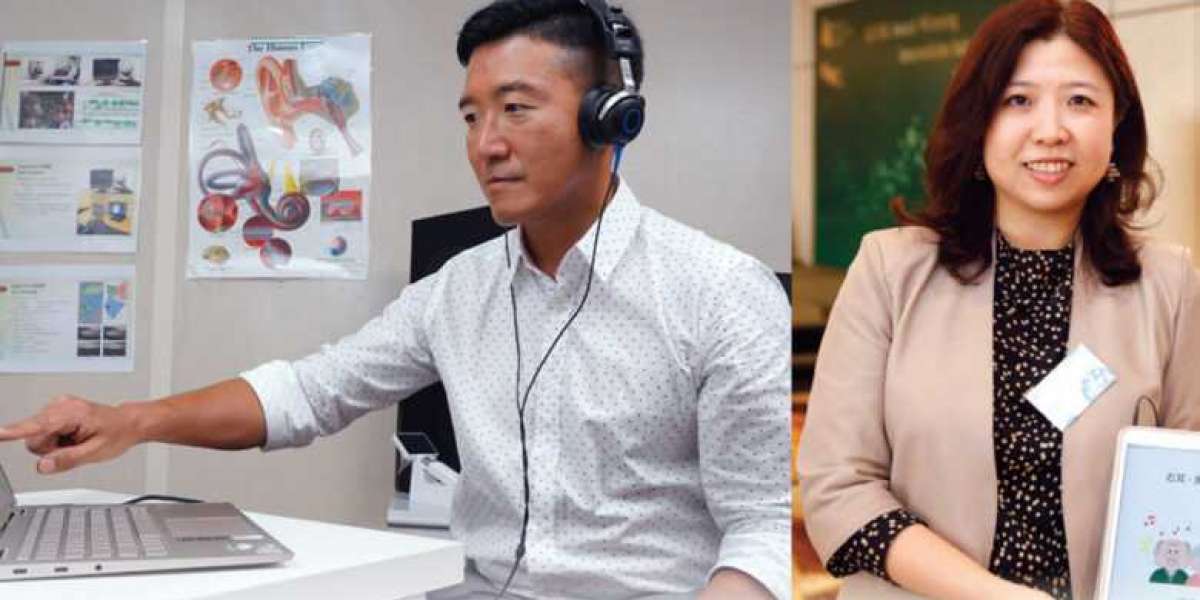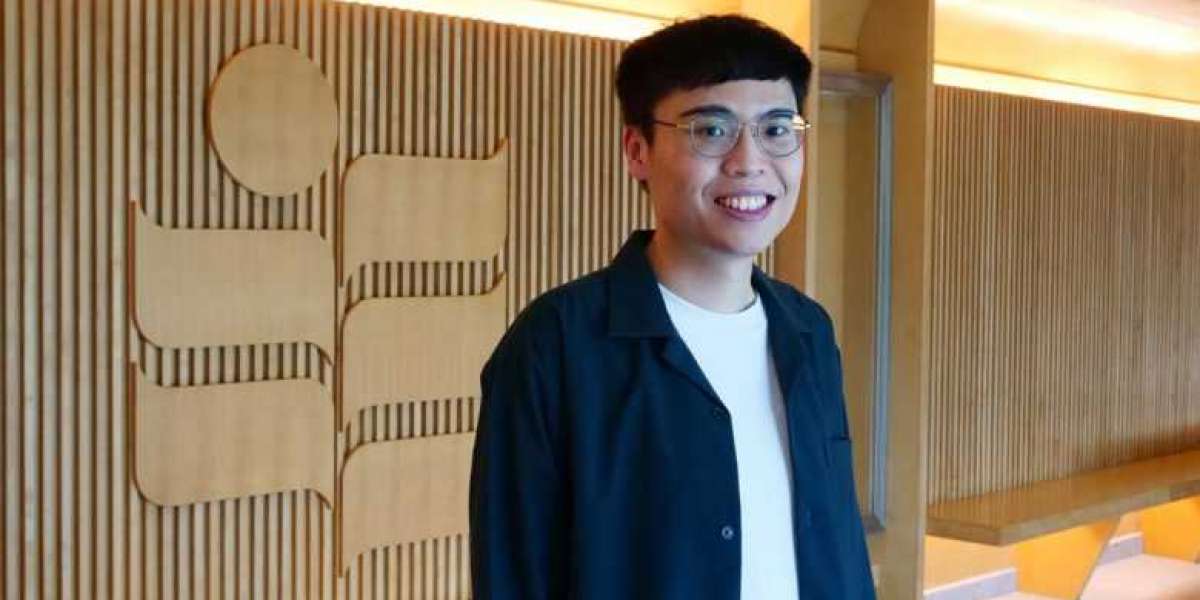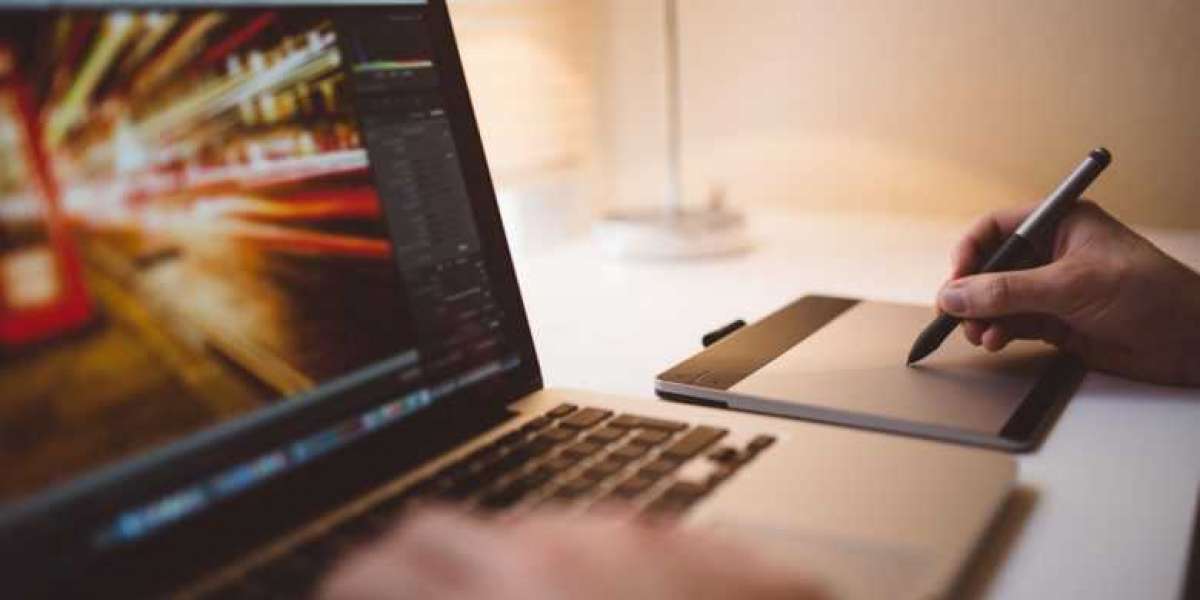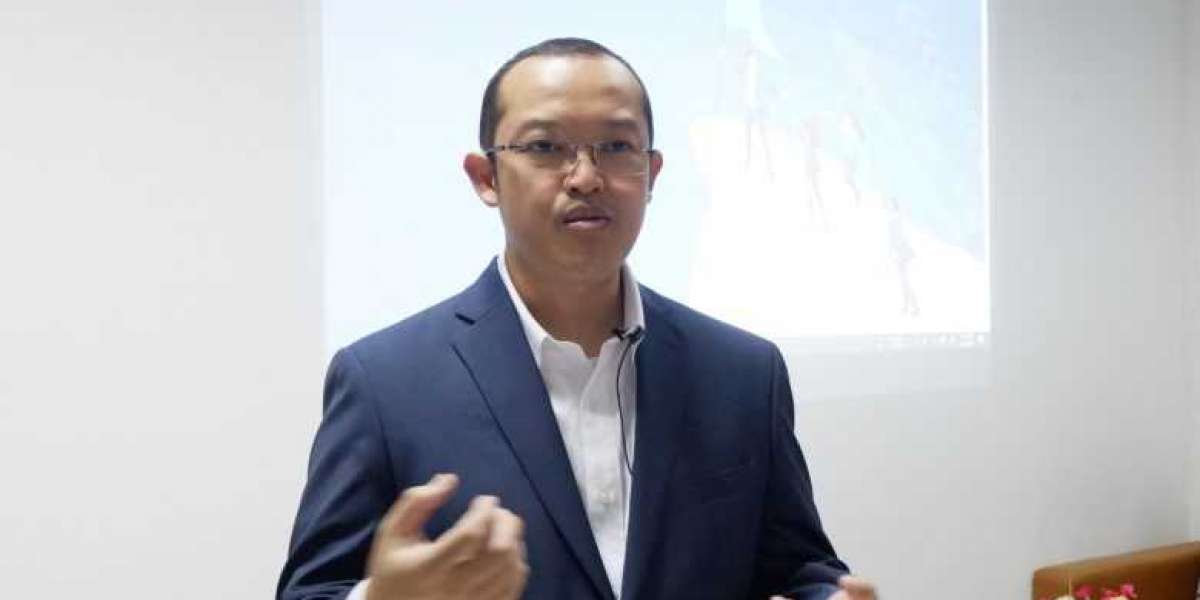EdUHK audiology experts have found improved ways to test the hearing of the young and elderly through technological innovation.
MAndarin spoken word-Picture IDentification test in noise-Adaptive, or MAPID-A, is an award-winning* computerised testing system which assesses young children’s speech recognition in noisy environments. “It helps frontline professionals, including speech therapists, audiologists, special needs educators, educational and clinical psychologists, to assess the abilities of children with special educational needs in environments with different types and directions of noise,” said Dr Kevin Yuen Chi-pun, project leader and Director of The Education University of Hong Kong’s (EdUHK) Integrated Centre for Wellbeing.
By using MAPID-A, three-year-old children can be reliably tested in just four minutes on average. An assessment tool with such a short testing time for young children has not previously been available in the Chinese-speaking communities and is very scarce globally. The system can be used clinically in hearing clinics, hospitals and schools to investigate young children who have concerns in listening; especially in noisy environments. MAPID-A can identify children at risk from subtle communication disorders and those who may have transient or permanent hearing impairments. For children who are found to have permanent hearing impairments and need to use hearing devices, the system can compare how they perform compared to their normal hearing peers, and discover if their current hearing device is giving optimal benefits.
The innovation is based on the concept of signal-to-noise ratio (SNR) between speech signals and interfering noise, such as engines, fans or multiple people speaking. “MAPID-A appears to be a promising clinical tool that, with its high sensitivity and test-retest reliability, helps clinicians quickly and more confidently evaluate young children’s speech recognition in noisy environments,” said Dafannas Tam Yiu-ting, clinical audiologist at Hong Kong Children’s Hospital.
Dr Yuen and his team assessed a girl with a profound hearing impairment using different types of noise and from various directions. The girl’s mother said MAPID-A was unique among the many hearing tests her daughter had experienced. “It is extremely important for us to understand her hearing situation in everyday life with noises. The whole test is very user-friendly. It allows young children to interact through games,” the girl’s mother explained.
Dr Anna Kam Chi-shan, Associate Professor at the Department of Special Education and Counselling of EdUHK has developed an awardwinning** mobile app to help the elderly test their hearing at home, thus avoiding the cost and inconvenience of visiting a clinic. “The clinic testing machines are bulky, complicated, and must be operated by a medical professional. Most importantly, the test has to be performed in a soundproof booth. By using noise-cancelling headphones, this new test can be done in most quiet places. Our app also simulates background noise to examine speech recognition in difficult environments, so as to detect auditory processing difficulties which often reveal the very early stages of dementia,” explained Dr Kam. The app has proven to be of great help, “I can’t hear very well now that I’m older,” said one user. “But it was costly and difficult for me to monitor my situation in the past. Now I can check any time I want.”
* International Invention Innovation Competition in Canada 2020 Gold Medal, Special Award presented by Toronto International Society of Innovation Advanced Skills, Top 20 Best Invention; and International Innovation and Invention Competition Taiwan 2020 Gold Medal
** Bronze Award at the 2019 International Exhibition of Inventions of Geneva








